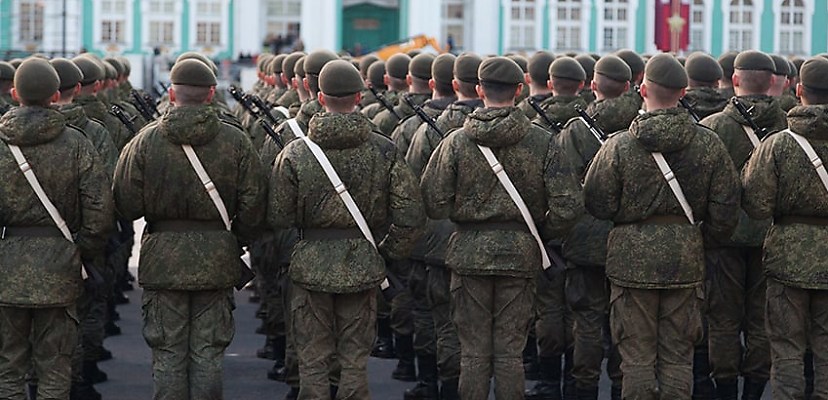Share this article on:
Powered by MOMENTUMMEDIA
Breaking news and updates daily.
Amid rumours of another wave of military mobilisations to bolster the frontlines in Russia’s war against Ukraine, those afraid of being called up are being taken advantage of in a new scam on Telegram.

Users are messaged with a promise to give them access to a site listing those liable to be called up in February — but to get access to the list, they need to share their Telegram account details. That data is then used to access a user’s contacts list, which in turn can lead to further phishing attacks.
The list is, of course, very fake.
Screenshots of the phishing attempts, which is apparently the largest attempt of its type on Telegram, were posted on Russian-language Telegram channel In2security. One of the messages reads: “List of people in Russia who will be mobilised this year. You can check this list and warn your relatives. The link will be constantly updated so that it is not blocked by Roskomnadzor.”
Roskomnadzor is an abbreviation for Russia’s Federal Service for Supervision of Communications, Information Technology and Mass Media, which monitors — and censors — mass media in the country.
In addition, the hackers also created bots that asked users for their account details so it could check the mobilisation list automatically; the bot then asked them to share the bot’s details with another 10 users, In2security says, according to The Record.
“The communication has been sent out over the last few days,” Sergey Golovanov, an analyst with Russian-based Kaspersky Lab, told Russia-owned news site TASS. “The links in the Telegram messages take people to a website that asks for data required to access their accounts on instant messaging apps.”
The scam is taking advantage of a widespread sentiment among the Russian population. In a statement on Telegram reported by The Guardian, pro-war journalist Anastasia Kashevarova has been scathing of the mobilisation’s handling, which has led many Russians to fear another call for troops.
“Groups of [mobilised men] are abandoned without communication, without the necessary weapons, without medicines, without the support of artillery,” she said in a 13 October post. “Zinc coffins are already coming. You told us that there would be training, that they would not be sent to the frontline in a week. Did you lie again?”
The Kremlin has denied any such addition to its “partial military mobilisation” is taking place. The initial mobilisation was announced in September 2022, calling up 300,000 individuals to fight.

David Hollingworth has been writing about technology for over 20 years, and has worked for a range of print and online titles in his career. He is enjoying getting to grips with cyber security, especially when it lets him talk about Lego.
Be the first to hear the latest developments in the cyber industry.